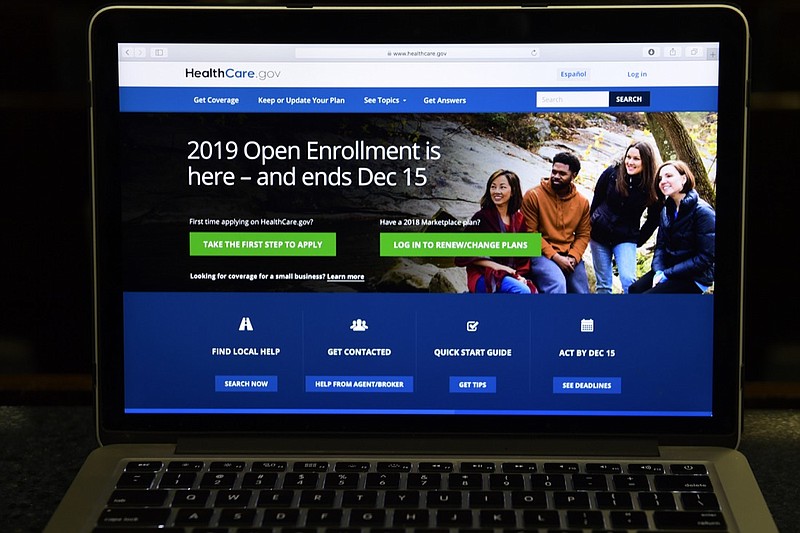Since its ratification in 2010, the Affordable Care Act (ACA) has reduced the numbers of Americans without health insurance by an estimated 17 million. A record 92% of Americans are currently insured. That increase was due to multiple factors: An individual mandate requiring all adults to have health insurance, a requirement for businesses to provide coverage, expanded Medicaid eligibility, removal of restrictions for pre-existing health conditions, and allowance for dependents to remain on family insurance plans until age 26.
But the number of insured persons declined by almost one million in 2018 due to a series of congressional and administration actions:
» Individual mandate: The ACA assessed a financial penalty for anyone who refused to purchase health insurance. Congress, in December 2017, passed a tax bill which eliminated the penalty, in effect nullifying the mandate.
» Increased Medicaid coverage: In the initial ACA law, each state was required to raise its Medicaid eligibility to 138 per cent of the federal poverty level. By a 7-2 vote, the Supreme Court struck down this provision in 2011. Subsequently, 37 states and the District of Columbia have approved expanded Medicaid coverage. Voters in Utah, Idaho and Nebraska voters approved expansion in 2018. Neither the Tennessee General Assembly nor voters have had an opportunity to vote for TennCare expansion because the Senate Committee on Health and Welfare voted 7-4 against considering expansion which then-Gov. Bill Haslam had proposed.
Under ACA terms, the federal government covers all expenditures associated with expanded Medicaid for the initial five years, and 95% of those expenses in subsequent years.
» A coalition of states led by Texas, and including Tennessee, Alabama, Florida, Georgia, Mississippi and the Carolinas, challenged the legality of the ACA in federal District Court in Texas. The Trump administration joined the plaintiffs. Initially, the coalition sought to invalidate the individual mandate. An amended suit sought to abolish the entire ACA. A California-led coalition of 20 states, including Michigan, Iowa, Colorado and Nevada counter-sued to uphold the ACA. The Texas court ruled in favor of ending the ACA.
The 5th US Circuit Court of Appeals in New Orleans took up the case on May 1. The Trump Administration reaffirmed its support for overturning the entire ACA. Regardless of the Circuit Court's verdict, appeal to the U.S Supreme Court is inevitable.
Should the Supreme Court ultimately rule that the ACA is unconstitutional, chaos in health care will rapidly follow. Opponents of the ACA, including the Trump administration, have not offered an alternative plan. No back-up plan has been formulated.
Abolition of ACA support for expansion of Medicaid would abruptly remove promised, long-term, financial support. Unless individual states could cover the resulting shortfall, millions of Medicaid beneficiaries would lose their coverage.
» The ACA established health insurance exchanges through which individuals and small businesses may purchase coverage. For individuals earning up to 300% of the FPL, the exchanges offer government subsidies on a sliding-scale for purchasing health insurance. Loss of those subsidies would end coverage for additional millions.
The ACA provides important regulation of health insurance companies. Premiums can only be increased based upon age and not prior health status.
Preventive health services required by the ACA include yearly exams, cancer-screening, and mental health services at no additional costs. Treatment for addiction is included. Dismantling those services would affect millions of people. Over the short-term, states would have to find other financing to treat persons addicted to opioids, cocaine, alcohol and other substances. Public health would suffer in the longer term because of reduced disease prevention and screening.
The ACA was years in the making. The Federal Employee Health Insurance Plan and Massachusetts' health reforms dating from 2006 served as templates. Providers, including hospital associations and most health professional organizations, continue to support the ACA.
We are at a perilous crossroad. Judges rather than voters will decide the future of U.S. health care.
Contact Clif Cleaveland at ccleaveland@timesfreepress.com.

